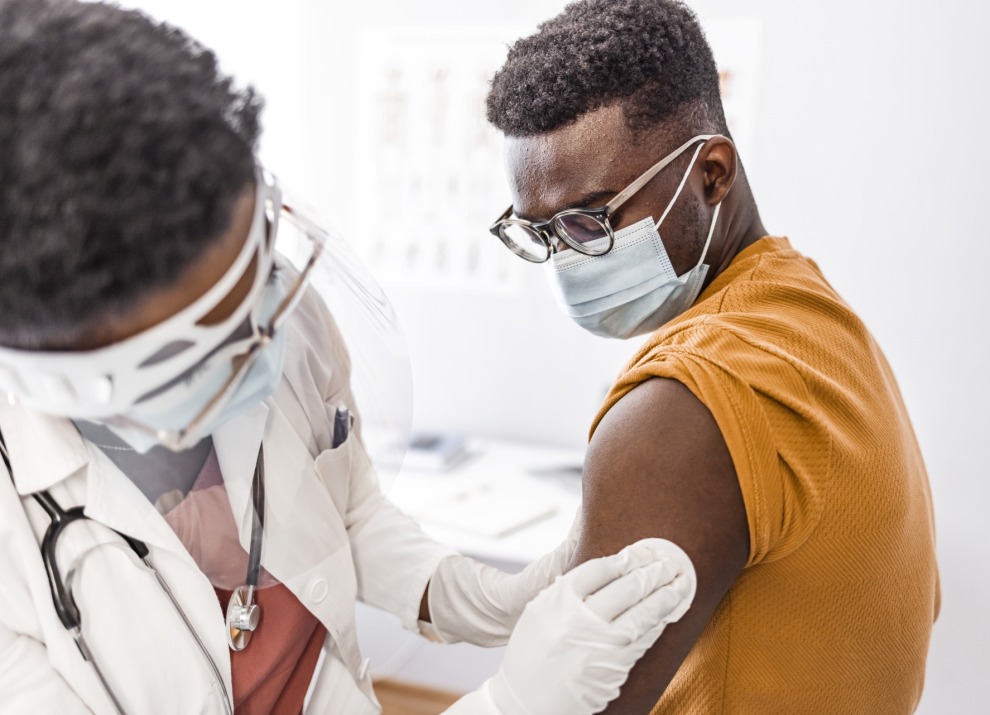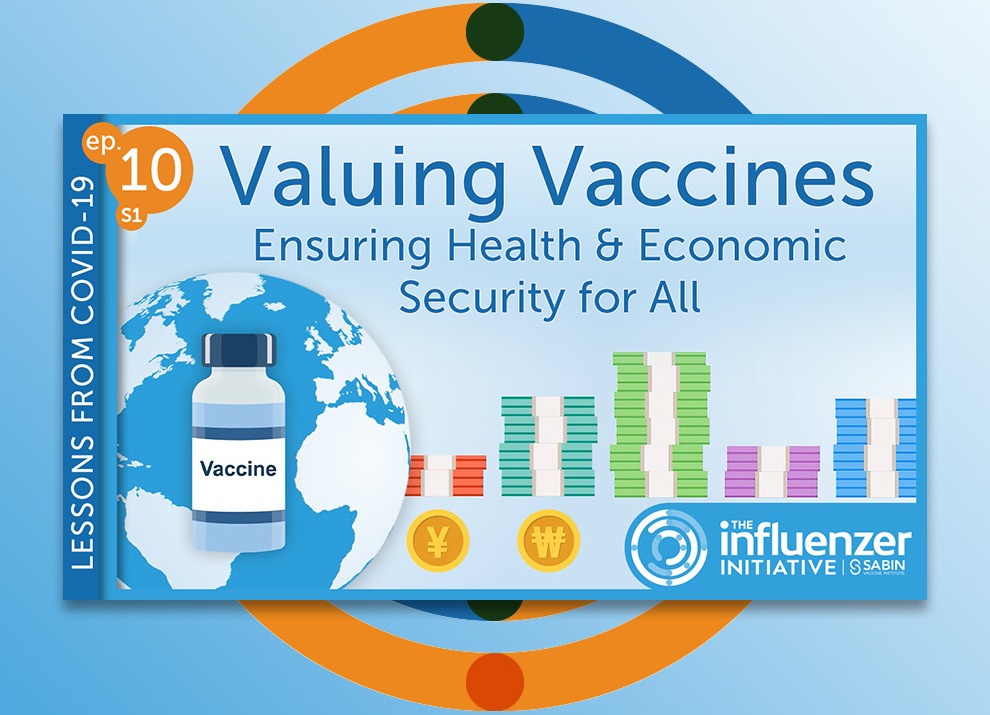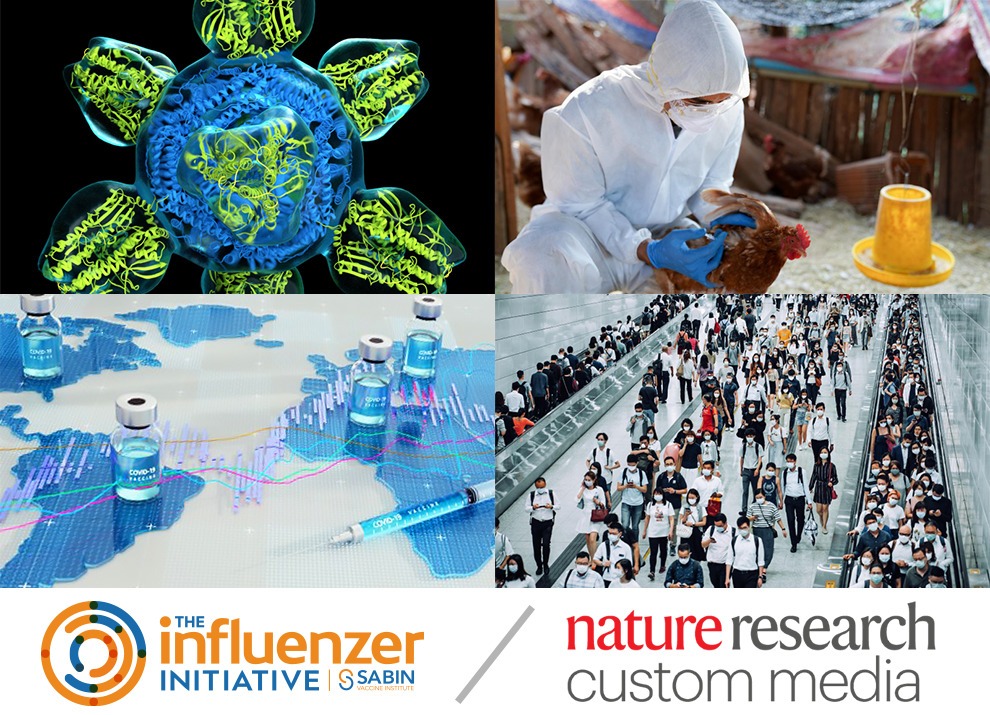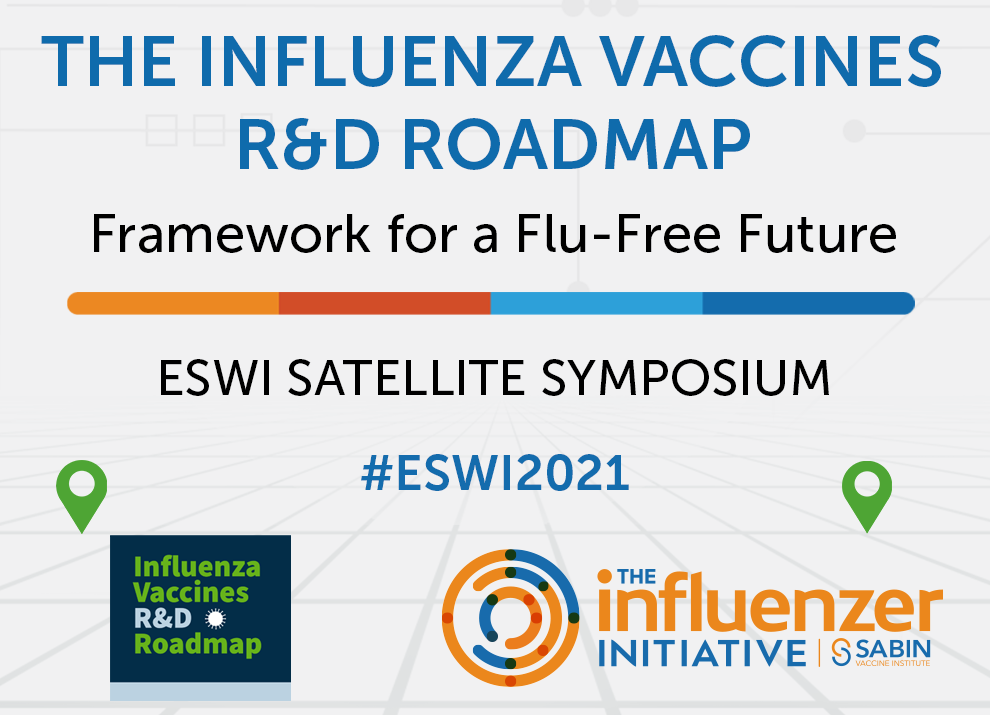Episode 3: Now is the Time to Protect the World from Influenza
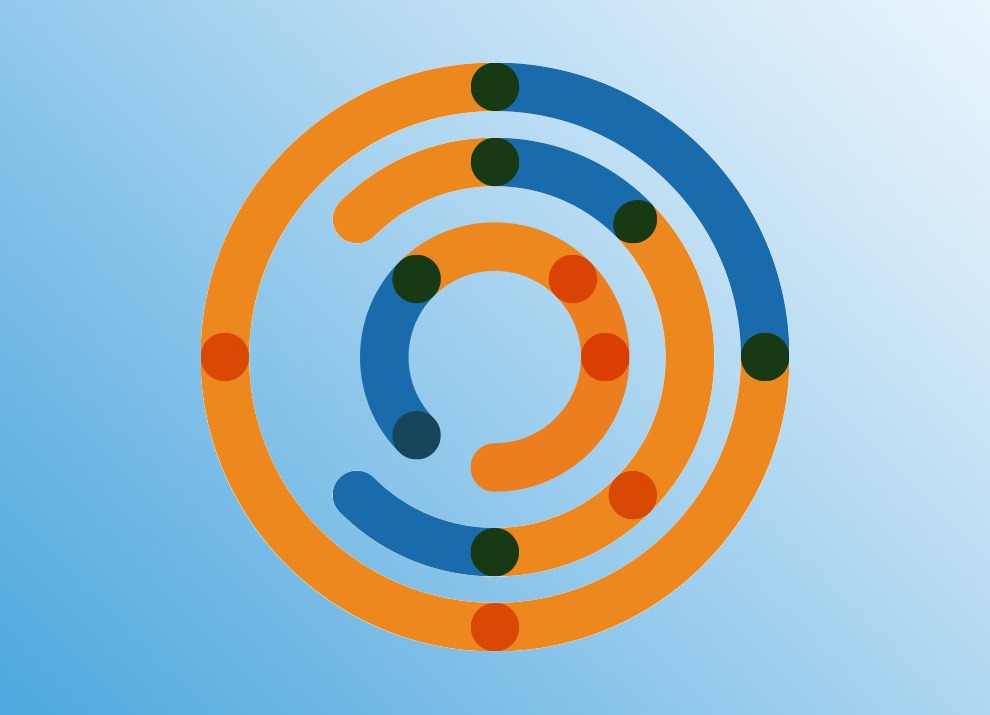
Astonishing progress toward successful COVID-19 vaccines has built momentum to conquer infectious disease threats. In our latest video, infectious disease experts Harvey Fineberg, Julie Gerberding, Edward Holmes, Michael Osterholm and Lynda Stuart say a full-court press for a universal influenza vaccine should be next.
Pandemic Protection is Within Reach
As 2020 dawned, the virus now known as SARS-CoV-2 was spreading insidiously across a world almost entirely unaware of its presence. Within weeks it had ignited a pandemic that by year’s end is projected to claim nearly 2 million lives — a crisis that in turn sparked an unprecedented effort to produce vaccines against the coronavirus. Just as unimaginable — in 2019 — as the destruction COVID-19 would cause, is the likely prospect that at least two vaccines effective against a novel virus could be released within a year of its discovery.
Having glimpsed the light at the end of the tunnel that these vaccines represent, we must sustain momentum for vaccine development and apply it to avert future pandemics. Indeed, infectious disease experts say, we could potentially magnify the success of the COVID-19 vaccine effort by focusing next on a pandemic we know is coming — influenza — and on a broadly-protective, long-lasting universal influenza vaccine (UIV) that could stop any novel flu virus before it spreads.
“If you look at the risk assessment of what might emerge next and cause a big pandemic, flu is still number one” – Edward Holmes
In our latest video, five prominent voices in public health and infectious disease research make the case for pivoting from successful COVID-19 vaccines to the pursuit of a UIV: Julie Gerberding, chief patient officer and executive vice president at Merck and former CDC director; Michael Osterholm, director of the Center for Infectious Disease Research and Policy (CIDRAP) at the University of Minnesota and member of President-elect Biden’s COVID-19 advisory board; Lynda Stuart, deputy director of Vaccines and Human Immunobiology at the Bill and Melinda Gates Foundation; Edward Holmes, of the University of Sydney, Australia; and, Harvey Fineberg, president of the Gordon and Betty Moore Foundation, co-chair of the Sabin-Aspen Vaccine Science and Policy Group, and chair of the Standing Committee on Emerging Infectious Diseases and 21st Century Health Threats of the National Academies of Science, Engineering and Medicine, convened by request of the federal government in response to the coronavirus pandemic.
The influenza community has figured prominently in the response to COVID-19, with researchers, policy makers, and thought leaders bringing their vast expertise to fight the pandemic. At the same time, they have witnessed profound change in the vaccine development ecosystem, spanning research culture, funding structures and sources, and regulatory policy — as well as critical advancements in science and technology. As influenza experts return to pursuing the UIV they so strongly advocate, their quest should be accelerated by productive shifts forced upon the vaccine research and development ecosystem by COVID-19.
“If we had the template of a UIV, we would be prepared ahead of time, ready to deploy the vaccine at the first sign of the outbreak”-Harvey Fineberg
To support this goal, the Influenzer Initiative has launched several projects to explore how the COVID-19 experience can inform the future of the vaccine ecosystem. We aim to highlight novel and improved approaches to vaccine development, to identify factors that both enable and hinder progress toward safe and effective vaccines against SARS-CoV-2, and to assess the potential impact of this global endeavor on prospects for UIV development. Building on the remarkable collaborative scientific and technical response to COVID-19, we are also undertaking development of an innovation agenda for UIV development. This effort will begin in 2021 with a convening of researchers from diverse scientific and technological disciplines, in order to introduce new perspectives and novel tools to multiple challenges facing UIV development.
Encouraged by the powerful scientific and technical response to COVID-19, as well as by the urgency of the pandemic threat posed by influenza, the Influenzer Initiative seeks to harness the momentum and resources brought to bear against this pandemic to advance a UIV: the best means of avoiding another, more potentially devastating catastrophe.


